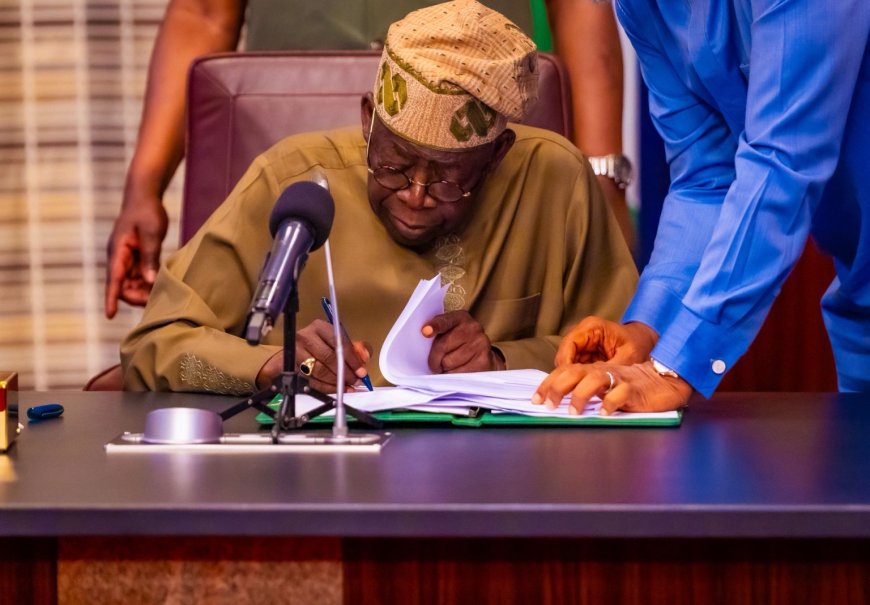Nigeria's President Bola Tinubu has given approval for the appointment of five new permanent secretaries.
President Bola Tinubu has given approval for commencement of the process of appointing five new permanent secretaries.
This is according to the Office of the Head of the Civil Service of the Federation.
According to the Head of Service, Didi Walson-Jack, the vacancies include two arising from the recent retirement of permanent secretaries from Imo State and the Federal Capital Territory, and three zonal slots for the North-Central, North-East and South-East, created after the establishment of new ministries.
In a statement released by the Director of Information and Public Relations in the OHCSF, Eno Olotu, noted that the recruitment process was structured to guarantee transparency, credibility and merit in line with the government’s commitment to good governance.
Walson-Jack explained that only directors on Grade Level 17 who had spent at least two years on the grade, and who had been cleared by their permanent secretaries as not facing disciplinary action, were eligible to apply.
She added that the exercise began with the compilation and screening of eligible officers by a Committee of Permanent Secretaries, monitored by the Independent Corrupt Practices and Other Related Offences Commission and the Department of State Services.
“Candidates also completed asset declaration forms with the Code of Conduct Bureau, while clearances from the EFCC, ICPC and DSS are ongoing,” she said.
The HOS disclosed that a written examination for shortlisted officers would be held on September 15, followed by an ICT proficiency test on September 17.
The final stage, an oral interview, is slated for September 19 and will be conducted by a panel comprising serving and retired permanent secretaries, former heads of service, the chairman of the Federal Civil Service Commission and representatives from the private sector.
“Anti-corruption agencies will also observe the process. The final recommendations will be submitted to the President for approval,” Walson-Jack stressed.








